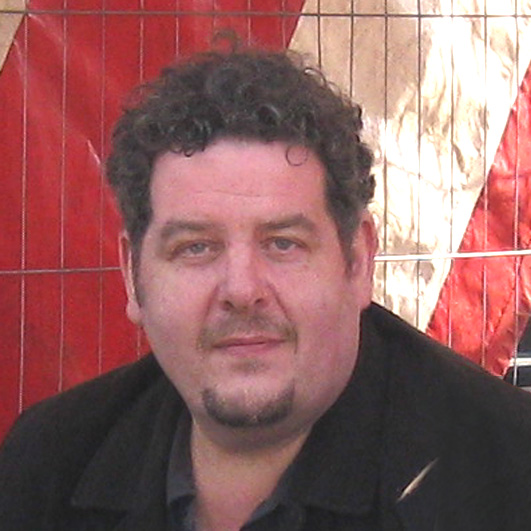A more appropriate medical term is required to refer to those with spinal cord injuries retaining some meaningful leg function. Joe Robinson offers “ambuplegic” as an alternative to “walkers”
I have lived with a spinal cord injury (SCI) for ten years and am one of a growing group that are referred to as “walkers.” This term defines people with a spinal cord injury who experience many of the medical challenges associated with full time wheelchair users (paralysis, sensory impairment, muscle loss, neuropathic pain, loss of bowel, bladder and sexual function, orthotic pressure sores, fatigue), but are distinct for having some capacity for self-sustained walking rather than total loss of meaningful leg function. In mobility terms “walkers” range from those who appear fully abled to those requiring orthotics, crutches, or sticks and some who choose or require a wheelchair for the majority of the time.
As a group “walkers” remained largely unrecognised until about a decade ago. It is now a common spoken shorthand with SCI consultants and ward staff, within SCI clinical psychology to identify needs (such as peer support) and is more formally used across SCI charities in their work and publications. A census by the Spinal Injuries Association in 2015 noted one in five respondents defined themselves as “walkers.”
While recognition is welcomed, there remains a discreet acknowledgment that “walker” is not an optimal term. Personally I feel it is fine for informal use, but in health terms it is crude, one dimensional, and offers nothing of meaningful medical explanation or any broad expectation of one’s needs—particularly in non-specialist medical contexts or with matters of personal and public awareness. The term also risks compounding a key psychological problem that is particular to “walkers” who often feel in-between; invisible to and illegitimate from both the able and disabled communities. So “walker” as a term risks disenfranchising people in the same way it would if we chose to refer to full time wheelchair users as “sitters.”
Technically “walkers” are usually incomplete paraplegics or incomplete tetraplegics, but defining lines are blurred and these terms are nearly always augmented for “walkers.” One consultant I discussed this with indicated I might be termed an “incomplete para ambulant with walking aids,” but admits the term hardly lends itself to widespread use.
There are clearly enough people in this grouping to warrant a definition (and that is currently “walker”) but I feel we all need one which gives more clarity and clinical respect. Therefore I offer the term “Ambuplegic” (walking and paralysis). This is loose enough to cover a multitude of outcomes and fits within the broad spectrum of existing medical vocabulary for both professionals and the general public. Ultimately it would provide “walkers” with an additional definition that, even if only another short hand, is more a medical term than a visual epithet.
I have raised this idea with a number of colleagues in the SCI community who felt there is value in the suggestion so I now put it forward here in the hope of some wider consideration.
 Joe Robinson works as an artist and a regeneration consultant. He is a member of the RNOH Stanmore Walkers Group and is co-author of The Very Alternative Guide to Spinal Cord Injury.
Joe Robinson works as an artist and a regeneration consultant. He is a member of the RNOH Stanmore Walkers Group and is co-author of The Very Alternative Guide to Spinal Cord Injury.
